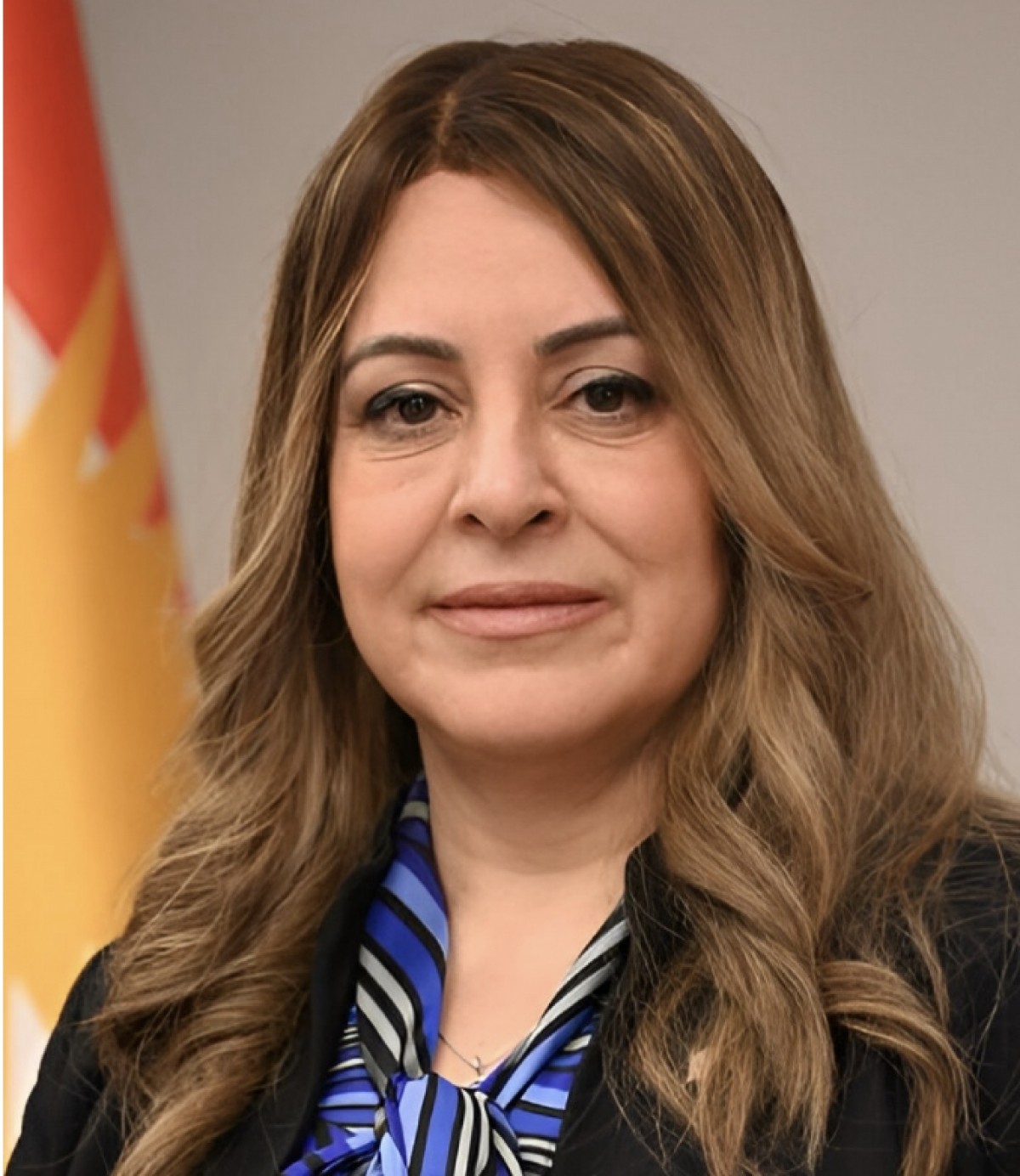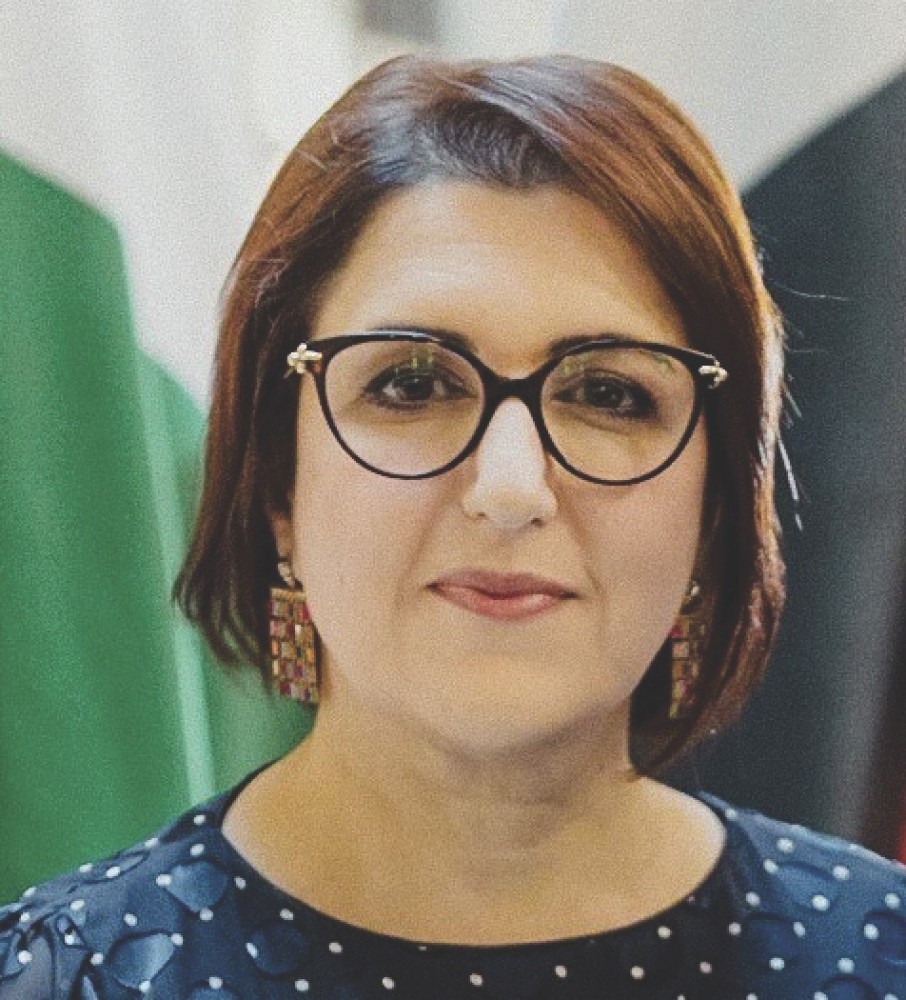When I was invited to contribute an article for Kurdistan Chronicle, I spent several hours in deep reflection. Over the last ten years, I have written hundreds, perhaps thousands of pages for my anthropology classes, my master’s thesis, and most recently, my Ph.D. dissertation. How do I choose a topic from among them to share? Equally challenging is the nervousness I feel when sharing my work with Kurdish people. Although I love to speak publicly, teach anthropology, and present my findings, I am, above all, a student of the Kurdish people. I do not dare attempt to tell Kurds what it means to be Kurdish. After much contemplation, I remembered the words of one of my Kurdish friends,
“Whenever people research Kurds, it’s always along the lines of should Kurds have statehood or do they deserve independence? But nothing really about the dynamics of what makes us the way we are. Why are we so scattered? Why have we relocated? So your research is definitely something that’s going to be very important in understanding the trajectory of Kurds everywhere.”
Understanding the trajectory of Kurds everywhere. This profound statement hints at a remarkable aspect often overlooked in discussions about Kurdish people: the diversity of Kurdish identity. Its complexity goes far beyond political aspirations. It encompasses the intricacies of their linguistic diversity, religious plurality, and cultural traditions. Understanding the Kurdish experience involves a comprehensive examination of the nuanced, multifaceted nature of Kurdish identity across different regions of Kurdistan and in the diaspora.
Kurdish communities across the four regions of Kurdistan each contribute unique elements to a vibrant and enduring Kurdish identity. This diversity is evident in their various linguistic dialects, including Kurmanji, Sorani, and Pehlewani. The religious landscape is equally rich, encompassing Islam, Judaism, Yezidism, Christianity, Alevism, and Zoroastrianism. Politically, while the vision for Kurdish autonomy differs by region, Kurds are united in their pursuit of self-determination. Culturally, the distinct traditions, music, dance, and cuisine of each Kurdish area underscore both their individuality and shared heritage. Together, these elements form a resilient and dynamic identity celebrated by Kurds around the world.
Identity negotiation
For my master’s research, I explored how Kurds express their identities differently within Kurdistan and in the diaspora. In anthropology, this is known as “identity negotiation” – a dynamic process where individuals and groups continuously define their identities through interactions with others and in varying social contexts. With respect to how migration shapes and influences identity negotiation, anthropologists observe how people assimilate, integrate, or isolate in their adoptive countries. Assimilation refers to the process by which migrants gradually accept the cultural norms, values, and practices of the host society, often losing their native cultural identity in the process. Integration involves migrants maintaining their distinct cultural identity while also participating in the social, economic, and political life of the host society. This process emphasizes mutual accommodation and acceptance between migrants and the host population. Isolation occurs when migrants remain separated from the host society, often maintaining economic, social, and linguistic separation.
In both Kurdistan and the diaspora, Kurds navigate multiple, intersecting identities such as ethnicity, gender roles, and nationality. In anthropology, these labels are known as “identity markers,” which can sometimes conflict or require prioritization depending on the context. Power dynamics significantly influence this negotiation process, especially between dominant and marginalized groups. Marginalized groups often must negotiate their identities in environments that devalue or stereotype them. This process is dynamic, evolving as individuals encounter new experiences, relationships, and environments. This evolution leads to the integration of new aspects into one’s identity or the redefinition of existing ones.
Seeking validation and acceptance is a crucial part of identity negotiation, as it helps individuals feel secure and authentic in their self-presentation. Overall, identity negotiation is essential for personal well-being and social cohesion. It enables individuals and groups to navigate complex social landscapes, fosters understanding and acceptance in diverse societies, and allows for the development of a coherent and resilient sense of self.
Extensive interviews for my research suggest that in the Middle East, Kurdish culture and identity are shaped by social, linguistic, religious, political, economic, and geographical conditions. Turkey, Iran, Iraq, and Syria each reflect a diverse set of cultures, traditions, and ideologies in their national contexts. Relationships between Turkish Kurds and Syrian Kurds do not resemble those between Iraqi Kurds and Iranian Kurds. The absence of a common language, along with competing economic and political interests, make Kurdish identity an ambiguous and fractured concept within Kurdistan. Furthermore, the denial of Kurdish ethnic identity by dominant Middle Eastern nations, with only sparse acknowledgment from nations outside the region, has further complicated the issue. The construction of identity without collective agreement is problematic. Nevertheless, Kurdish people have endured violent opposition to assert their unique place among world cultures.
For many Kurds, the challenge of identity negotiation is a reconciliation between the past and the present, between aspirations and reality. Their initial cultural spaces – homes and birthplaces – are extraordinarily dissimilar and cannot be neatly encapsulated under a single label. One person I interviewed described this struggle, saying, “I feel like the culture repels me, and I repel the culture … it’s a very conflicting feeling. I don’t think it’s just me. I found that a lot of people who are in my position, who come to a Western society at a young age and have grown up there, have this sort of a conflict where they can’t find peace … I’m not this, but I’m not that either.” Another person shared, “I am a prisoner of my culture.” These reflections suggest profound internal and external obstacles faced by Kurds in the diaspora as they navigate a sense of belonging and identity in host countries. They are caught between the pull of their cultural heritage and the push of their adopted societies, highlighting the complexity and emotional weight of forging an identity that encompasses both worlds.
In the diaspora, the shared identity among Kurds becomes more cohesive, overshadowing the divisions that exist in Kurdistan. Having been targets of oppression for so long, values such as fairness and equity hold profound significance for the Kurdish people. Kurds are deeply committed to their families and are known for their creativity, entrepreneurship, ambition, and patriotism. Despite thousands of years of history, it is only recently that Kurds are beginning to express who they are fully and freely.
It is both fascinating and perhaps a cruel irony that the full realization of Kurdish solidarity and identity is being achieved in multicultural environments, where Kurds adopt a shared language that is not a Kurdish dialect. While the social, political, linguistic, and religious differences present in Kurdistan also exist in the diaspora, they do not result in significant conflict.
The history of the Kurdish people represents millennia of struggle, survival, and the quest for an independent Kurdish state where Kurdish culture and identity can be fully expressed, free from any debate over their personhood or right to exist. My deepest hope is for a unified Kurdish people, both in Kurdistan and in the diaspora, to find strength, solidarity, and peace in their shared heritage and aspirations.
Stephen Fox earned a Bachelor of Science in Anthropology from Oregon State University, a Master of Arts in Anthropology from the University of Idaho and is now a 3rd Year Ph.D. student of Anthropology at the University of Kentucky. As a Cultural Anthropologist, Mr. Fox’s primary interests include Kurdish culture and history, the anthropology of policy, migration, anthropology of the Middle East, identity negotiation, conflict negotiation, and the human impacts of climate change.

